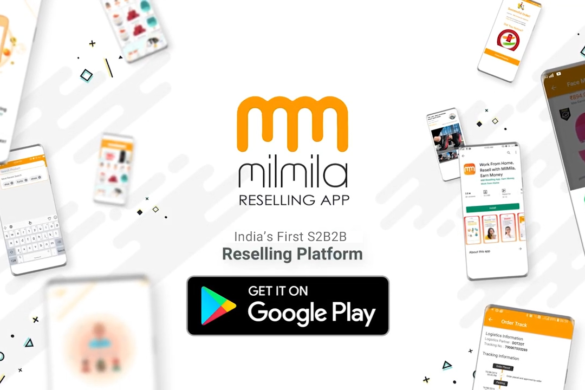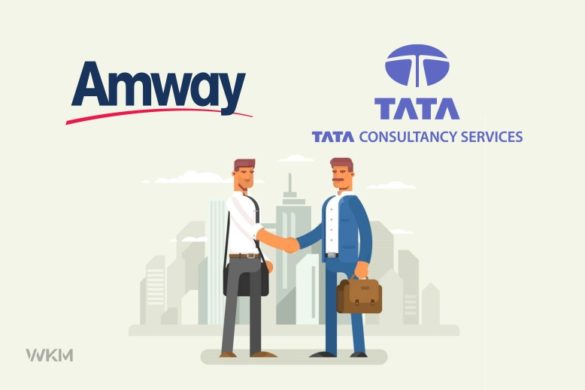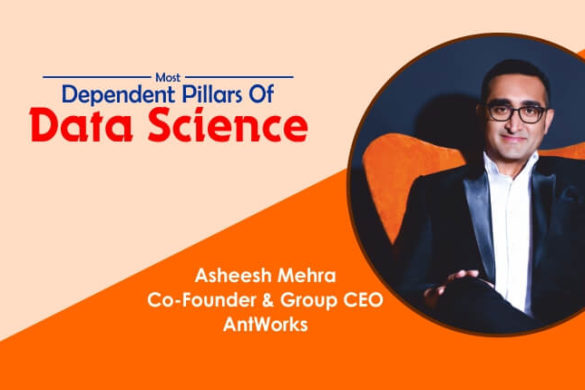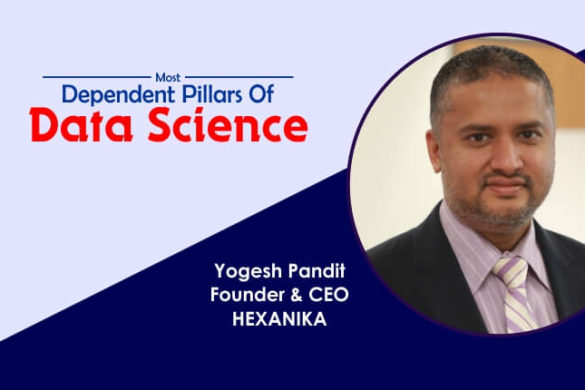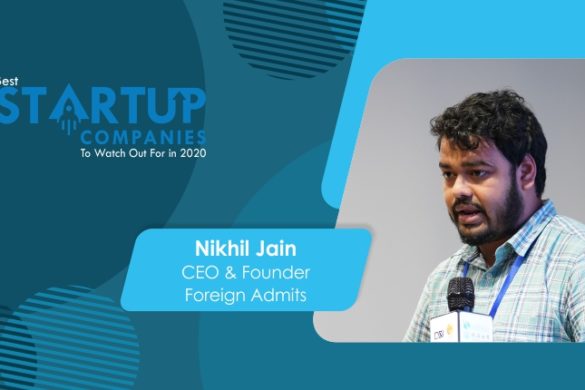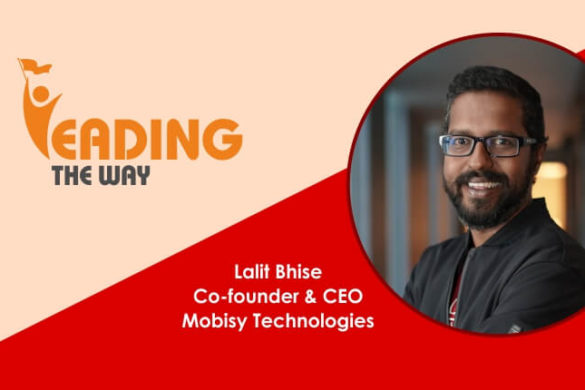Cloud computing can be defined as network of distributed remote servers hosted on the internet for compute power, applications, database and other IT resources. “Cloud” in the name cloud computing takes its name from symbol of a cloud which was generally used to represent internet. It significantly reduces the infrastructure involved in the maintenance and storage of organisational data, as all the IT resources are outsourced or bought from the cloud computing companies. All one individual needs is a personal computer and internet to access all the facilities provided by cloud. It can be differentiated from traditional web hosting on three key characteristics. It is elastic, meaning a customer can use as much or as little as they choose. Second, it is sold on demand and lastly it is fully managed by its provider or vendor. Its deployment models are classified as public, private and hybrid.
Cloud computing can be classified broadly into three categories, Infrastructure-as-a-Service (Iaas), Software-as-a-Service (SaaS) and Platform-as-a-Service (PaaS).
Infrastructure-as-a-Service (Iaas)
A model in which a third party provider hosts servers, storage and other virtualized compute resources and makes them available to customers over the internet. It is fully self-service and it allows businesses to purchase resources on-demand and as-needed instead of buying outright.
Examples: Digital Ocean, Linode, Rackspace, Amazon Web Services (AWS), Cisco Metapod, Microsoft Azure, Google Compute Engine (GCE).
Software-as-a-Service (Saas)
A software distribution model in which a third-party provider hosts applications and makes them available to customers over the internet. A majority of SaaS applications are run directly through the web browser, and do not require any downloads or installations on the client side.
Examples: Google Apps, Dropbox, Salesforce, Cisco WebEx, Concur, GoTo Meeting.
Platform-as-a-Service (Paas)
A model in which a third party provider hosts application development platforms and tools on its own infrastructure and makes them available to customers over the internet. PaaS provides a framework for developers that they can build upon and use to create customized applications. All servers, storage, and networking can be managed by the enterprise or a third-party provider while the developers can maintain management of the applications.
Examples: AWS Elastic Beanstalk, Windows Azure, Heroku, Force.com, Google App Engine, Apache Stratos, OpenShift.
Vantage Points of Start-ups working in cloud computing
There have been substantial number of start-ups that are coming up with ways we can use cloud in innovative and ultra-effective ways. Small players of cloud are making big name for themselves by providing services and products that are as unique and vibrant as those provided by big IT companies. These companies make inroads for innovations through their skilled and agile staff, which is a trait that can be only found in start-ups nowadays. Security constraints are also handled pretty easily and robustly by these young companies. There are many other application specific reasons start-ups are getting the much needed attention in this field. In 2018, many start-ups came into spot-light from their previously wore stealth status. Let’s discuss some of them.
Wasabi
Wasabi is a cloud storage start-up that is six times faster than Amazon S3 and costs only one-fifth that of Amazon S3. Wasabi was created by David Friend and Jeff Flowers.
ParkMyCloud
It is a cloud management company which offers its flagship program “Smart Parking”. It is a SaaS based approach which is used by partners and businesses to automate cloud usage. It is founded by Jay Chapel.
Elastifile
Elastifile is a start-up which focuses on hybrid cloud solutions, particularly data management and unification across disparate locations and bringing it together locally. It was founded by Amir Aharoni.
Datos IO
Datos IO works on data security and protection on cloud. Its flagship project, Rubrick Datos IO offers an application-centric data management platform that can protect, mobilize and monetize application data across private, public and hybrid cloud environments.
Aparavi
This start-up specializes in data retention between clouds, locations and platforms. It is founded by Adrian Knapp.


